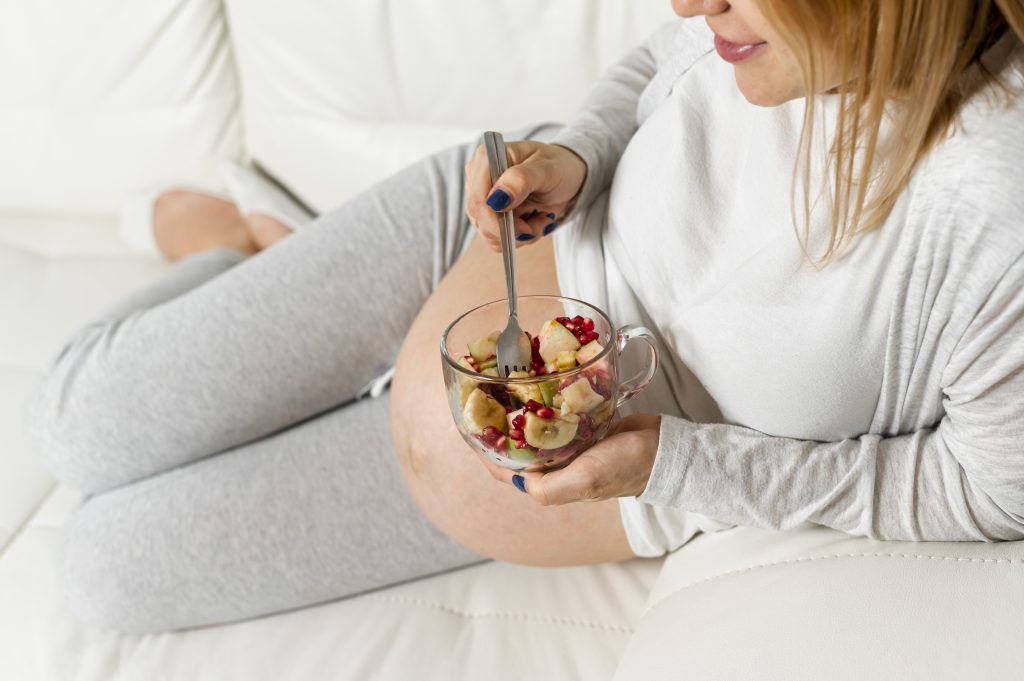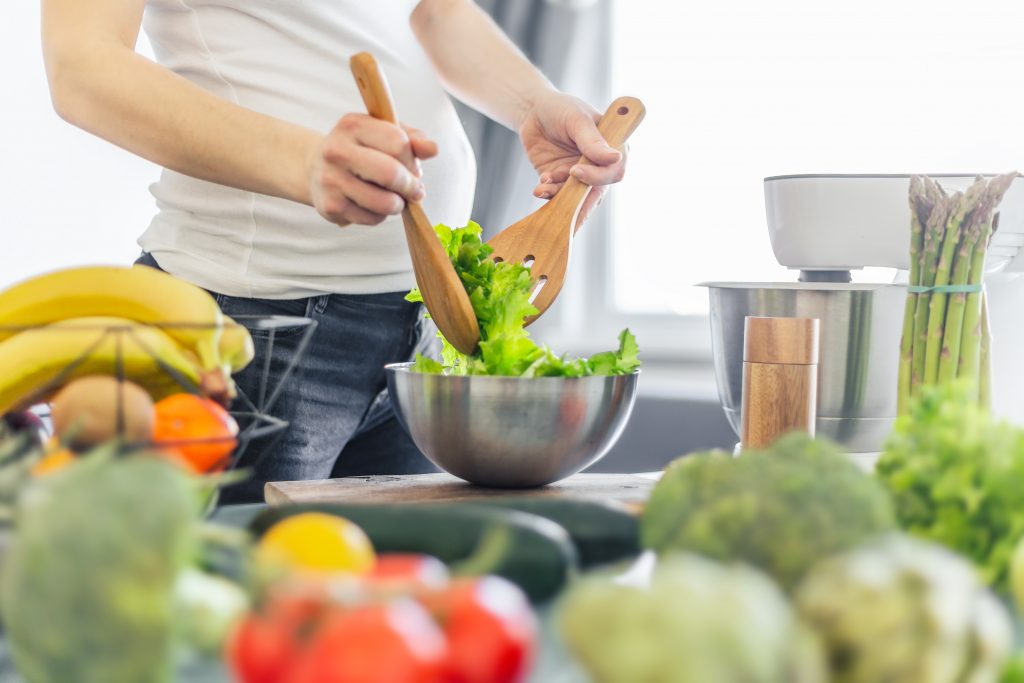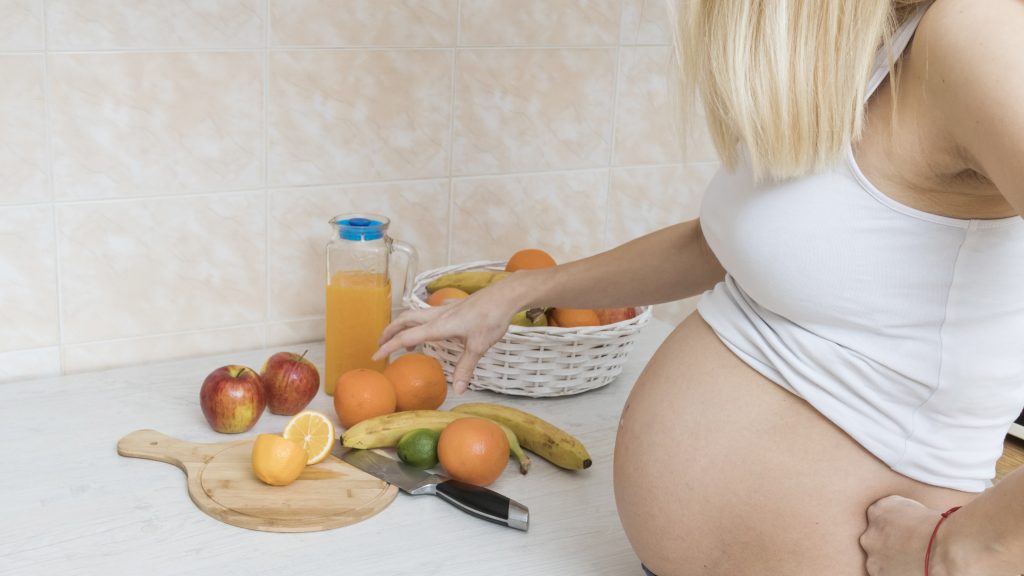Parenting
Nourishing the Bump: A Guide to the Best Foods During Pregnancy
Pregnancy is a special time when proper nutrition becomes crucial for the health and well-being of both the mother and the developing baby. Consuming a well-balanced diet that includes a variety of nutrient-rich foods is essential. In this blog, we’ll explore the best foods to incorporate into your diet during pregnancy to ensure optimal nutrition for you and your growing baby.
Folate-Rich Foods:
Folate (or folic acid) is a vital nutrient that plays a key role in the early development of the baby’s neural tube. Incorporate foods such as leafy greens (spinach, kale), legumes (lentils, chickpeas), fortified cereals, and citrus fruits into your diet. If recommended by your healthcare provider, consider taking a folic acid supplement to meet your daily requirements.
Iron-Rich Foods:
Iron is necessary for the production of red blood cells and to prevent iron deficiency anemia, which is common during pregnancy. Include iron-rich foods such as lean meats, poultry, fish, dark leafy greens, beans, lentils, and fortified whole grains. Consuming vitamin C-rich foods alongside iron-rich foods enhances iron absorption.

Calcium Sources:
Calcium is essential for the development of the baby’s bones and teeth. Include dairy products (milk, yogurt, cheese), fortified plant-based milk, tofu, almonds, and leafy greens in your diet to meet your calcium needs. If you have dietary restrictions or lactose intolerance, talk to your healthcare provider about suitable calcium alternatives or supplements.
Omega-3 Fatty Acids:
Omega-3 fatty acids, particularly DHA (docosahexaenoic acid), are crucial for the baby’s brain and eye development. Include fatty fish like salmon, trout, and sardines in your diet. If you are vegetarian or do not consume fish, opt for plant-based sources like chia seeds, flaxseeds, walnuts, and algae-based DHA supplements.

Lean Protein:
Protein is vital for the growth and development of the baby’s cells and tissues. Incorporate lean sources of protein such as poultry, fish, eggs, dairy products, legumes, and tofu into your meals. Aim for a variety of protein sources to ensure you’re getting a good balance of essential amino acids.
Colorful Fruits and Vegetables:
Fruits and vegetables provide essential vitamins, minerals, and fiber. Aim for a rainbow of colors to ensure a diverse range of nutrients. Include leafy greens, berries, citrus fruits, avocados, sweet potatoes, bell peppers, and broccoli. These foods provide antioxidants that support the immune system and promote healthy growth.
Whole Grains:
Whole grains are rich in fiber, vitamins, and minerals. Opt for whole grain bread, brown rice, quinoa, oats, and whole wheat pasta to increase your intake of these nutrient-dense foods. They provide sustained energy, aid digestion, and help prevent constipation—a common pregnancy discomfort.

Hydration:
Staying well-hydrated is crucial during pregnancy. Drink plenty of water throughout the day to support healthy digestion, circulation, and amniotic fluid production. Limit your intake of caffeinated beverages and opt for herbal teas, infused water, and fresh fruit juices instead.
Conclusion:
Maintaining a balanced and nutritious diet is vital during pregnancy to support your health and the development of your baby. Incorporate a variety of foods rich in folate, iron, calcium, omega-3 fatty acids, lean protein, colorful fruits and vegetables, whole grains, and stay hydrated. Remember to consult with your healthcare provider or a registered dietitian for personalized advice based on your specific needs and any dietary restrictions you may have. Embrace this special time and nourish yourself and your baby with the best foods for a healthy and fulfilling pregnancy journey.

